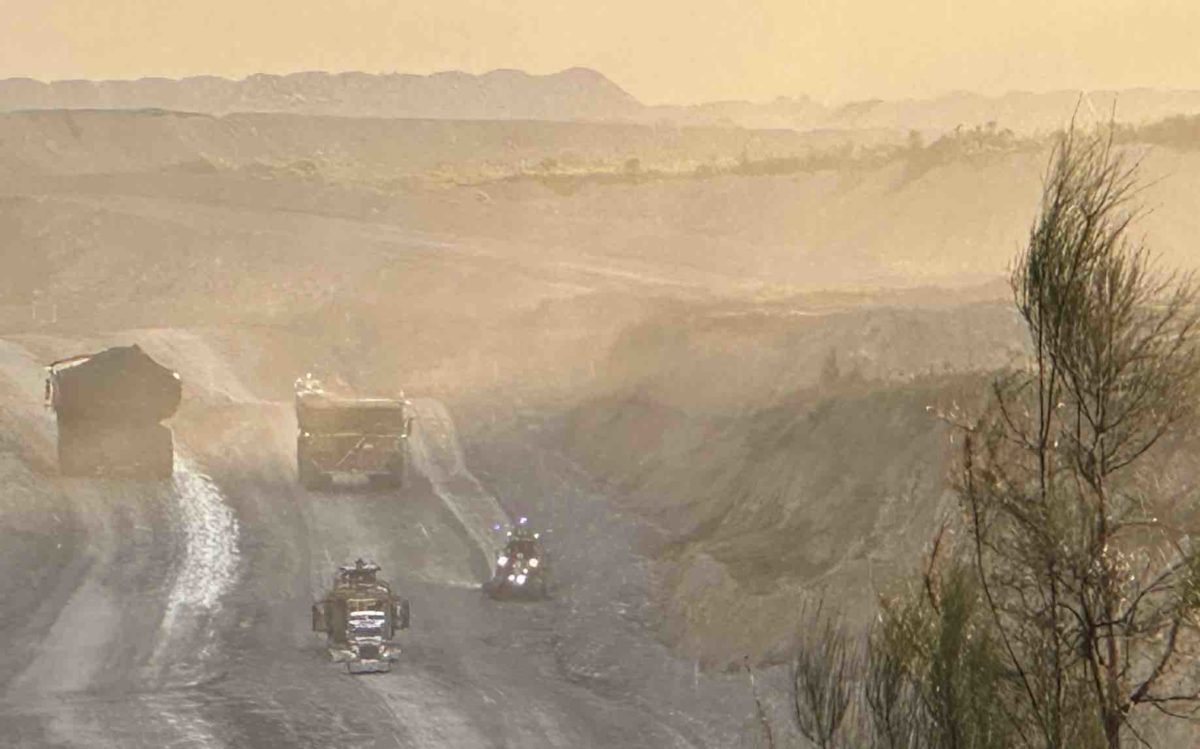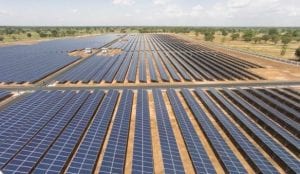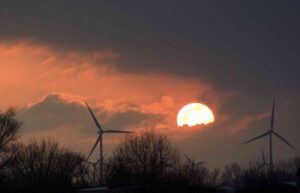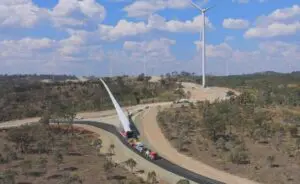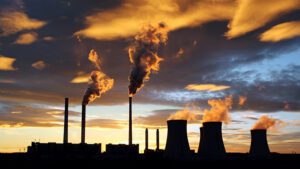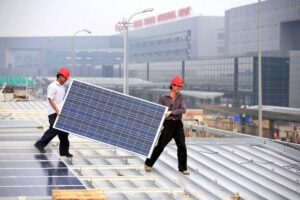The NSW government has moved to ensure that all thermal coal miners in the state reserve up to 10 per cent of output for the domestic market – and the newly imposed price cap – in the latest move to protect consumers from surging prices that have delivered super profits to the fossil fuel industry.
Treasurer and energy minister Matt Kean confirmed on Thursday that additional coal companies will be required to make a “small portion” of their output available for domestic use, and subject to the $125/tonne price cap announced last year alongside a price cap on wholesale gas.
It is not clear which coal miners are affected by this new decision – some companies had already been supplying a large portion of their output for coal generators in the state, and others were allowed to focus entirely on the export market where they have been making super profits.
To give some idea of the scale of those profits, BHP revealed on Thursday that its thermal coal mines in NSW had received an average price of $US354/tonne in the December half.
That prices translates to $A506/tonne at current exchange rates, more than four times the proposed price cap for the domestic market. It compares to a price of $US137/tonne in the December half of 2021.
BHP expects to produce up to 15 million tonnes of thermal coal in the 2023 fiscal year, so if it is required to reserved 1.5 million tonnes to the domestic market, that could reduce its revenue by $562 million at those market prices. (RenewEconomy has asked BHP if it is affected by this newly imposed NSW market reserve).
“This coal cap scheme will see NSW doing our part at the request of the Albanese government to contribute to the national solution of this national problem,” Kean said in a statement.
“I know those currently providing coal for the local market will appreciate that companies enjoying super profits on the back of the war in Ukraine will now do their part for the domestic market. Of course they should provide Australian production for Australian consumers.
“These new arrangements will help even the playing field among coal producers.”
The NSW Government says it is consulting with the additional companies to finalise the arrangements, which will come into effect at the end of January and will require them to contribute around 7-10 per cent of their production to the domestic market.

